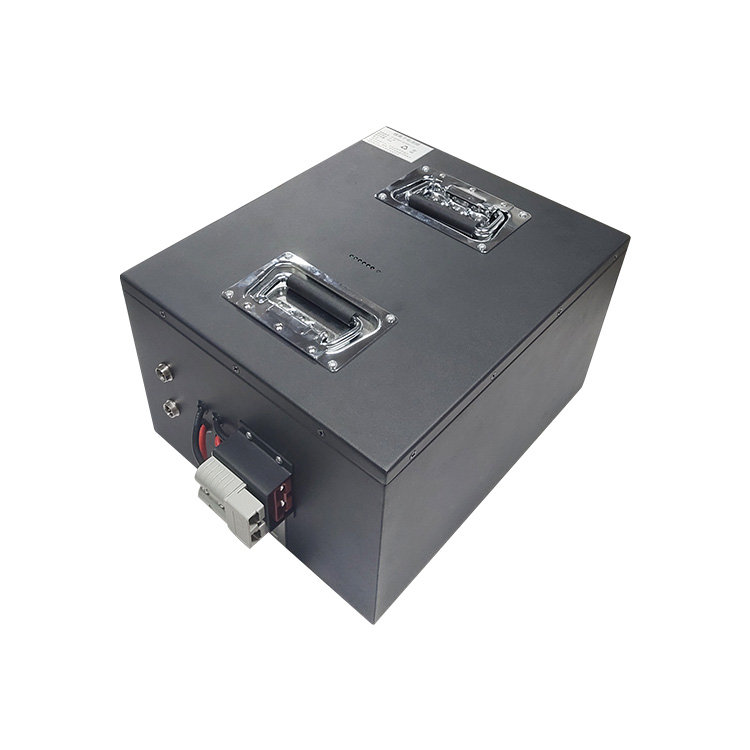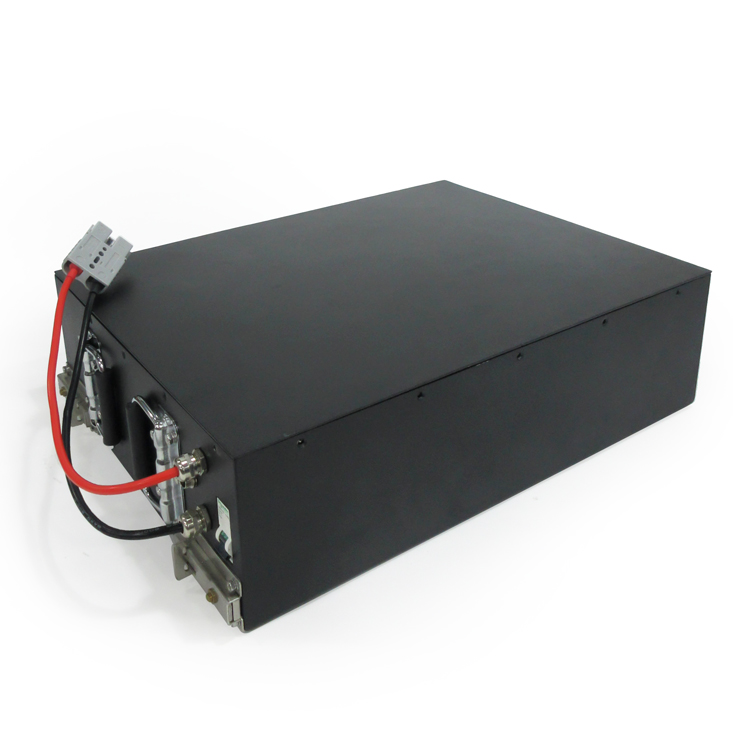Function of Management System of Power Lithium Battery
Power lithium battery the wide application of the battery management system (BMS) has become a crucial component. This article will discuss the function of power lithium battery management system in detail, in order to help readers better understand its importance and function in power lithium battery system.
-
Battery Status Monitoring
through built-in sensors and monitoring devices, the power lithium battery management system can monitor important parameters such as voltage, current, temperature and SOC(State of Charge, battery capacity State) of the battery pack in real time. By monitoring these parameters, BMS can know the working status of the battery in time and provide key data support for the safe operation of the battery. -
Battery Protection control
when BMS detects abnormal conditions such as overcharge, overdischarge, overtemperature, and short circuit of the battery pack, it can take protective measures in time by controlling the charging and discharging process, disconnecting the circuit, or issuing an alarm, etc, protect the battery system from damage and ensure the safe and stable operation of the system. -
Battery balancing management
due to certain differences between battery cells, the voltage and capacity differences between battery cells will be further expanded after long-term use. BMS can balance the battery cell through equalizer, maintain the voltage and capacity of the battery cell in a relatively balanced state, prolong the life of the battery pack and improve the performance of the overall system. -
Charge and discharge control
BMS can accurately control the charging and discharging process according to the real-time status and external load requirements of the battery pack, ensure that the battery pack can achieve efficient charging and discharging under the optimal working state, and improve the energy utilization rate, at the same time, avoid potential safety hazards and damage caused by improper charging and discharging. -
Fault diagnosis and data recording
BMS can diagnose battery system faults, discover possible problems in battery pack in time and record relevant data, providing reference for subsequent maintenance and repair. At the same time, BMS can also record the operation data of the battery pack, including the number of charge and discharge cycles, temperature changes, voltage fluctuations, etc., providing support for system performance analysis and optimization. -
Communication and remote monitoring
modern power lithium battery management systems are usually equipped with communication module, which can interact with monitoring centers or other devices through the network and monitor remotely. Through remote monitoring, users can know the running status of the battery pack at any time, carry out remote control and scheduling, and improve the reliability and safety of the battery system.
The power lithium battery management system plays a vital role in the power lithium battery system. Its functions include battery status monitoring, protection control, balanced management, charge and discharge control, fault diagnosis and data recording, communication and remote monitoring. Through the effective management of BMS, the safety, stability and service life of the power lithium battery system can be improved, providing strong support for the development of clean energy, electric vehicles and other fields.
 Dongguan Juneng New Energy Technology Co., Ltd.
Dongguan Juneng New Energy Technology Co., Ltd.
 137 5142 6524(Miss Gao)
137 5142 6524(Miss Gao)
 susiegao@power-ing.com
susiegao@power-ing.com
 Xinghuiyuan High tech Industrial Park, Dalang Town, Dongguan City, Guangdong Province
Xinghuiyuan High tech Industrial Park, Dalang Town, Dongguan City, Guangdong Province













 Yue Gong Wang An Bei No. 4419002007491
Yue Gong Wang An Bei No. 4419002007491